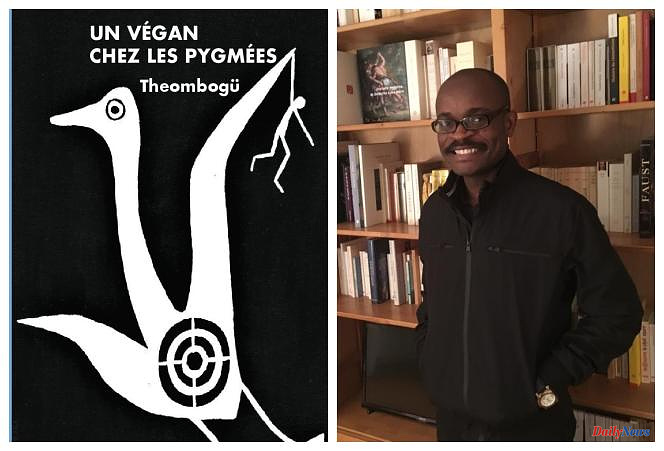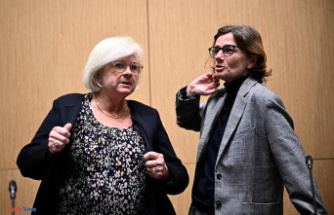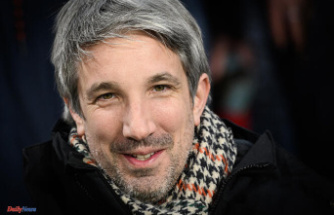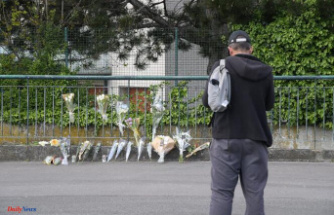Unusual cover, disconcerting title and pseudonym as a signature. A vegan among the Pygmies humorously plays with gender codes. The latest work of the Cameroonian author Theombogü (Théophane Mbogue of his real name) is neither an ethnological essay, nor a traveler's story, even less a missionary work. But a disconcerting fiction that is both novel and chronicle.
Take as a character a 22-year-old Parisian, French by birth, family and upbringing, with a mother from Cameroon. Make him one fine day curious about his African roots – of which he knows practically nothing – and send him to live voluntarily, for a whole year, in the land of his origins, in the heart of a Pygmy camp in the Cameroonian forest. Finally, equip your hero with an unwavering determination for veganism. These are the unexpected ingredients that Theombogü brought together to develop his book.
Curious to understand life within his host community, Daniel, the hero, recounts his daily life in the form of an interior monologue and, more irregularly, keeps a logbook, a sort of book within a book which has less to do with a humanities researcher's grades than with his need for catharsis. Because if Daniel's experience enriches him, it is not free from difficulties, his status as a distant member of his Pygmy family is not enough, far from it, to integrate him into the group.
Industrial exploitation of the forest
His inability to speak the local language and his mixed race (his complexion is so fair that he is called "Little White") already makes him a subject of interrogation for all. “I try unsuccessfully in each of our conversations to make him understand that I also have African blood running through my veins, but he has never been convinced. Every time I tell him, he laughs to tears as if I was telling him nonsense. According to him, I am too European to claim any Africanity that would come from my mother's origins, "he laments, referring to his relationship with Bilaga, his only French-speaking interlocutor.
But more than anything, his eating habits, at the extreme opposite of those of the Pygmies - who practice daily hunting - end up making the hero an observer object of observation, so much do they arouse the incomprehension of those who welcome him. . Nevertheless, Daniel remains faithful to his convictions, preferring to endure hunger from morning to night rather than touching meat, believing that "veganism is a conception of life, an art of living, and not a simple deprivation of meat foods".
Umpteenth paradox that this posture defended to the point of militancy in an environment where life, threatened by the industrial exploitation of the forest, is about survival and where eating plants has never been part of the habits. "In truth, I'm paying the price for my dream of knowing my mother's country of birth. How did I think I would challenge the Pygmies back home? asks Daniel.
Despised by the Bantu population
The author also takes advantage of the voice of his character to evoke the treatment suffered, in Cameroon, by the Pygmy people, disdained to the point of contempt by the Bantu population and, moreover, marginalized by the administrative institutions. Théophane Mbogue has long cherished the memory of his one-day visit to a camp, a few kilometers from the seaside town of Kribi, in 2010. It was a real shock for him who was nevertheless born and raised in the country. . Author of collections of poetry and now a student – he is preparing a thesis in comparative literature – he ended up transcending his experience through literature.
A vegan among the Pygmies can thus be read as a plea for minorities, whether they are African populations or activists ahead of their time. At the risk, however, of seeing the novel, devoid of any real plot, go around in circles. The fact remains that the author opens up new avenues in touch with the most current issues of the world and of societies. His book makes you smile then questions and, somewhere, stirs. His case is heard.












